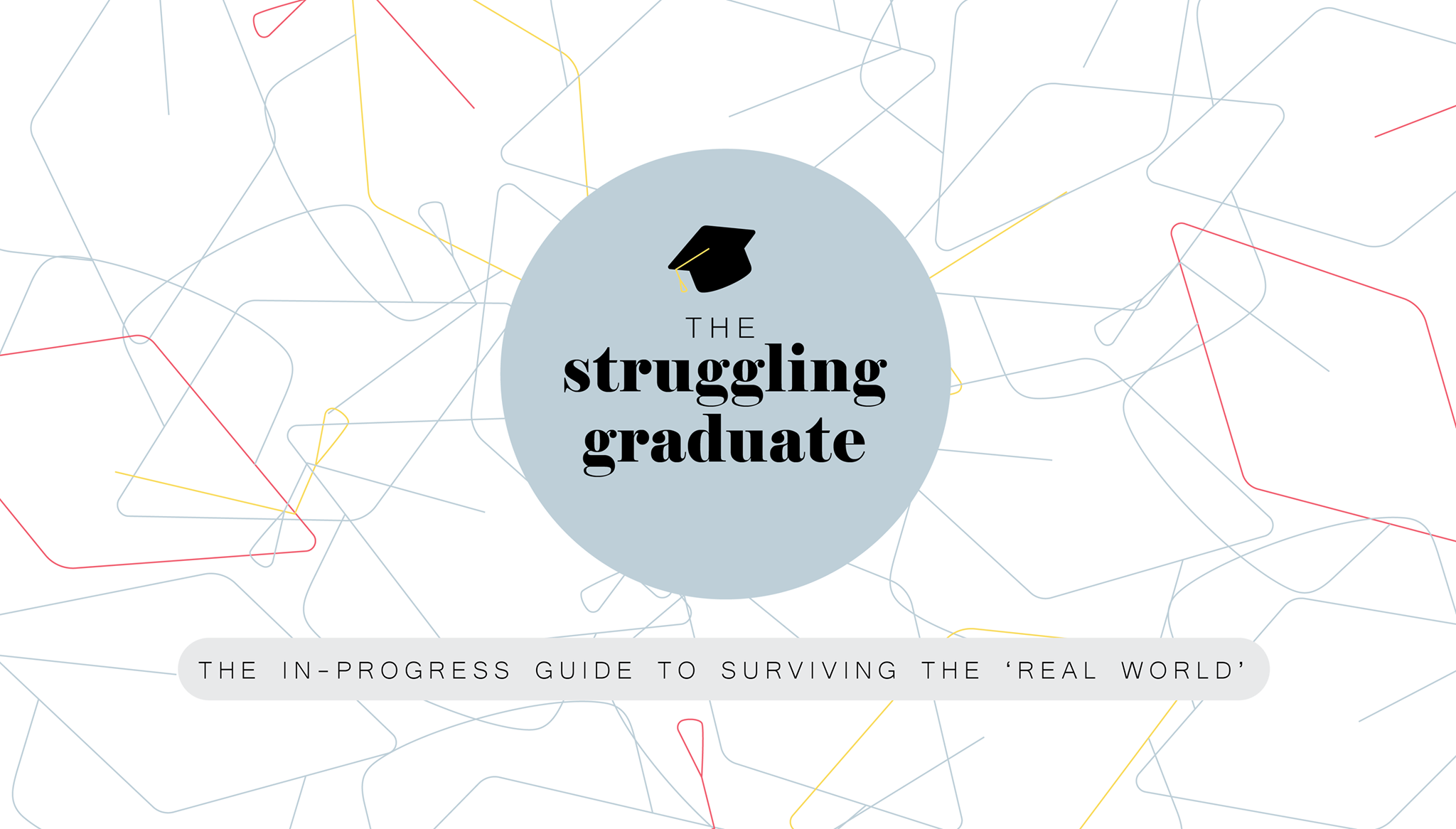Rating: 3/5

Laurence Shorter takes us along with him on a journey to figure out what optimism is, why some people are optimistic, what stops others from being so, and if being optimistic is something you can learn.
Life is What You Make It
Shorter’s narration has a witty edge to it, which makes his journey into optimism particularly amusing. I listened to The Optimist as an audiobook during my commute, but I got through super quickly because I was so intrigued by his many interviewees.
There were points in the book where Shorter frustrated me so much I almost didn’t want to carry on. Despite his own view of optimism developing throughout the book, there were times when he would completely dismiss a person’s stance because it didn’t align with his own.
What really kept me going was the fact every chapter held a brand new, fascinating person to find out about.
Whether it was from a scientific, spiritual, or psychological point of view, there were so many happy, successful people to learn from. Their voices fill the pages with positive messages and encouragement.
It was an impressive role-call of interviewees, including Archbishop Desmond Tutu, Jung Chang, Matthieu Ricard, California’s renowned Surfing Rabbi, and Bill Clinton. I was incredible impressed by this and wish there was more detail on how this came about. For a first-time author, Shorter securing these interviews was somewhat unbelievable. It reinstated the idea that “If you don’t ask, you’ll never get” – a lesson I think everyone should take from this book.
Why I recommend: Learning Optimism
The main lesson I’ll be walking away with, though, is this: there is no right way to be an optimist.
The various interviews showed that many people think of themselves as optimistic, even though this looked different for all of them. Some, in fact, believed they were optimistic because they saw all the negativity of the world and kept going. Just by accepting the bad, they saw themselves as positive people.
It was fascinating to learn about the ways people saw the world and how their situation influenced their outlook.
I’ve often wished I was a more optimistic person, but dismissed it because I didn’t think I could learn to be one of those cheerful-all-the-time types. The Optimist has taught me that my optimism doesn’t need to be the same as the next persons.
I’m not convinced this book will offer you a newfound positivity or revolutionary way to view life, but it’s humorous and insightful, and will teach you a lot about the way people develop opinions and see their own place in the world.

